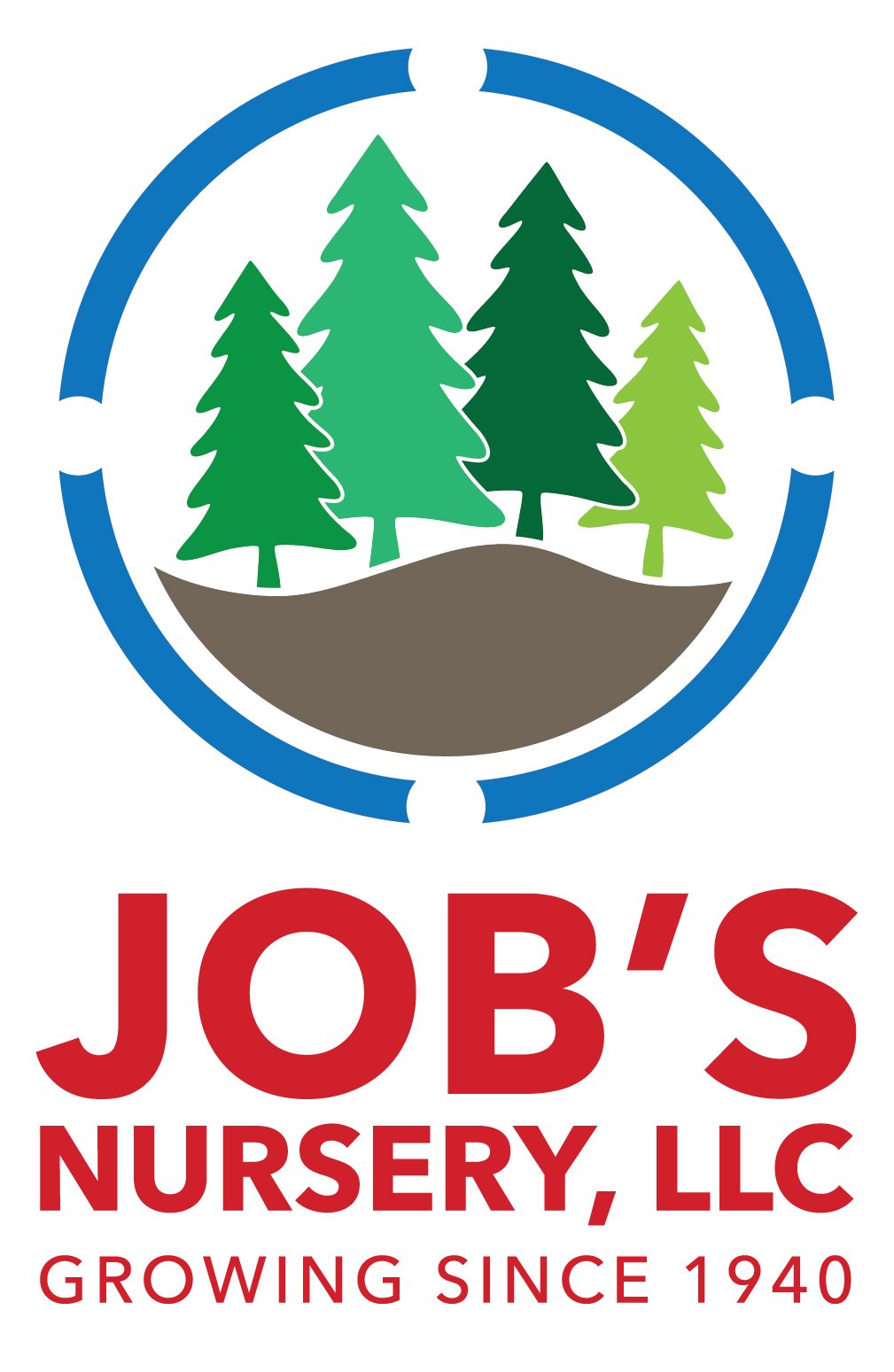Where to recycle your Christmas Tree?
Here is where to recycle your Christmas Tree in Pasco.
Read More
Helping Tri-City Gardeners Grow Since 1940!
Job's Nursery LLC is a family owned nursery and tree farm that offers a wide selection of outdoor plants that are hardy for our area. We are located just north of Pasco on Columbia River Road. It's a short trip to a beautiful location to escape the hustle and bustle of your everyday life.

Here is where to recycle your Christmas Tree in Pasco.
Read More
Here the simple steps to turning off the Saturation Skip Feature on a Rachio Irrigation Timer and why this feature can be a problem.
Read More
Our soils are alkaline (pH above 7) because of the areas low annual rainfall and the lack of organic matter. Alkaline soil can be problematic to some plants because if the soil pH is too high it makes it hard for some plants to take up vital nutrients. By selecting plants that enjoy these soil conditions it a lot less work to keep them happy. A good looking landscape with minimal effort, is much easier to maintain.
Below is a list of plant families that thrive in alkaline soil with little to no pH adjustments. From here you can find a variety that fits your yards needs and personal taste.
Ornamental Grasses
Maiden grasses
Switch grasses
Feather Reed grasses
Fescue Grasses
Fountain Grasses
Fountain Grasses
Shrubs
Sumacs
Junipers
Hydrangeas (though big leaf varieties are pink in alkaline soils)
Spirea
Barberry
Bluebeard
Forsythia
Lilacs
Butterfly Bush (sterile varieties)
Potentilla
Pines
Juniper
Spruces
Photinia
Ninebarks
Common Snowball Bush
Cistena Plum
Mockorange
Viburnums (Deciduous)
Smokebush
Cotoneaster
Perennials
Lavender
Daylily
Sedum
Candytuft
Daisy
Sages
Hosta
Astilbe
Helebores
Red Hot Poker
Catmint
Russian Sage
Black Eyed Susans
Blanket Flowers
Mums
Asters
Yucca
Yarrow
Trees
Bald Cypress
Serviceberry
Golden Rain Tree
Honeylocust
Pines
Bur Oak
Redpointe Maple
Hedge Maples
Persian Parrotia
Sycamore
Willows
Maackia
Green Ash (Urbanite is resistant to Ash Bore)
Catalpa
Tuning your irrigation system allows for a more efficient use of water and it's easy. It also helps prepare your plants for different weather shifts and you apply water based on that irrigation zones conditions. Both Hunter and Rainbird have free apps to set your run times more appropriately for established yards. Also we have set up links to help determine your yards conditions. Remember that new plantings their first year will need to be babied a bit more but they don't need daily water.
A link to Hunter's App
A link to Rainbird's App
Things to know as you tune your irrigation timer
-The soil type of your yard: Sand, clay, silt or a mix of the three (loam). This will help identify how your yard behaves in drainage and moisture retnetion. Sand has very good drainage and can handle longer run times of sprinklers but needs more frequent runs. Clay soils hold moisture very well however it does not take to long run times well, short bursts work best to prevent run off and water waste. How to tell soil texture by feel.
-The exposure of that sprinkler zone. Full sun, afternoon sun or wind exposed sprinkler zones dry out faster through evaporation than afternoon shade, mostly shade and wind protected zones. Thus as you adjust your sprinkler zone times based on their separate exposures. This can be determined by taking time to walk around the house a couple of times of day and observe what area is sunny and what area is in shade at what time of day and for how long. Do this on a lazy day off.
-Your type of sprinklers. Different sprinkles types throw out water at different rates. Common sprinkler types are rotors, impacts, sprays, bubblers and multi-streamrotors. Also if you have drip, what size of emitters are your using. Irrigation System Component Video can help you identify what type of sprinklers you have.
-The grade of the yard. Is it flat or does it slope up or down? The slope of your yard also affect how sprinklers work as well as how water will travel in the yard. Here is a video to determine slope.
by Alex Job